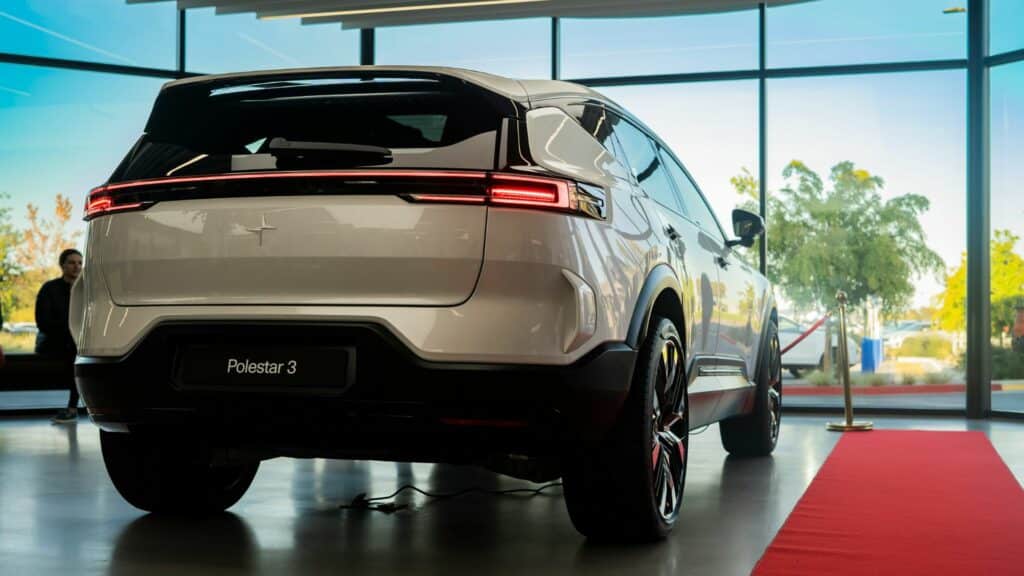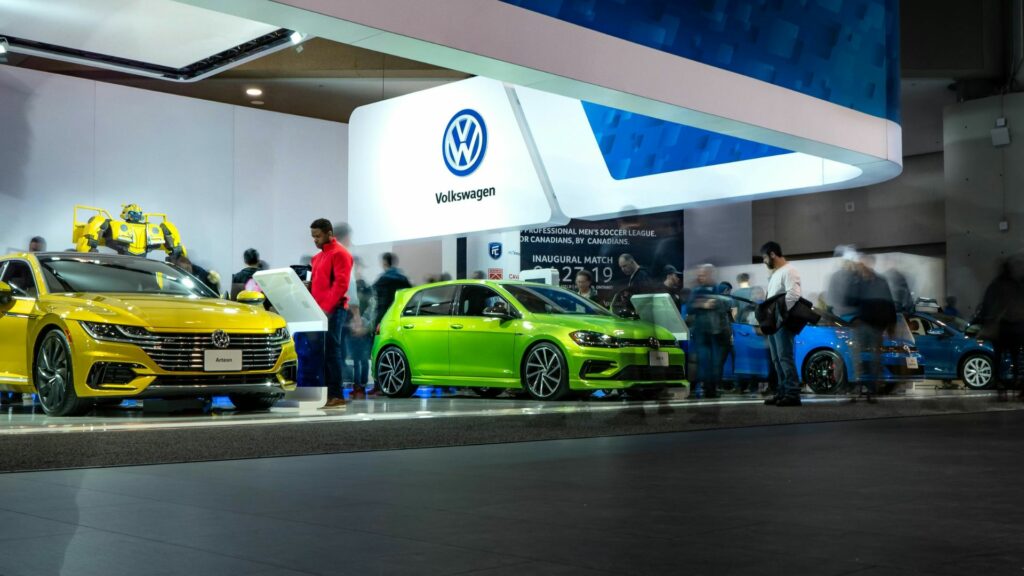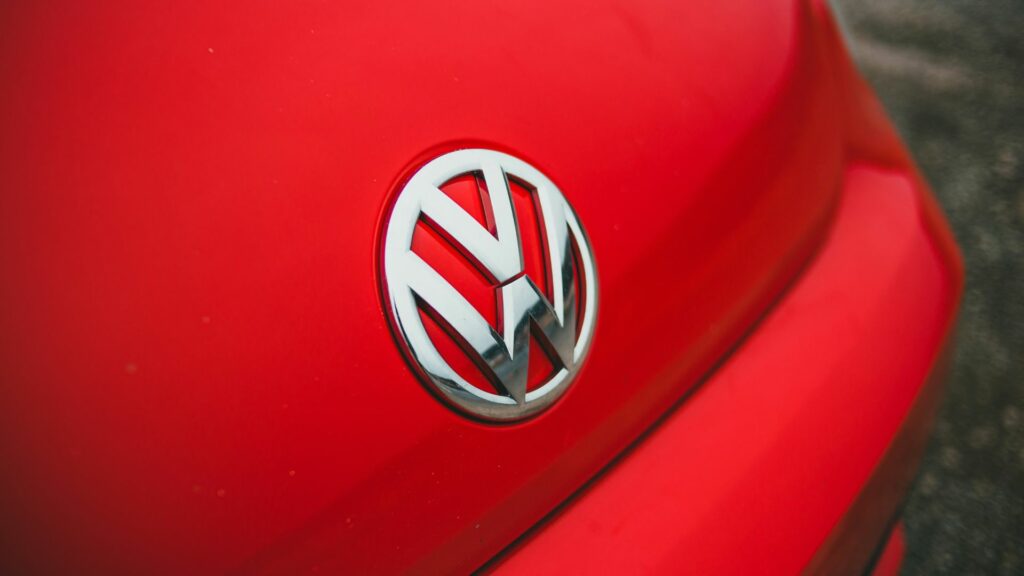Due to new U.S. regulations targeting Chinese technology, vehicles using Chinese-made hardware or software may soon be barred from sale in the country. The concern is that these cars could pose a security threat, allowing for potential remote sabotage or unauthorized data collection from drivers. This policy shift could deliver a significant setback for Polestar, the electric car company based in Gothenburg but controlled by Chinese interests.
Polestar has indicated that these changes mean both the company and its vehicles “will essentially be banned in the U.S.” This restriction will apply even to the Polestar 3, a model produced domestically in partnership with the Volvo EX90. The company has reportedly shared these concerns with the U.S. Department of Commerce.
Polestar’s other models, the Polestar 2 and Polestar 4, are manufactured in China and already subject to a 100% import tariff. Nonetheless, Polestar highlights that a major part of its business operates outside of China, with seven of its ten top executives from Europe or the United States.
The impending prohibition on cars with Chinese-made software and hardware is expected to come into effect in 2027, banning any software developed in whole or in part in China. By 2030, the restriction will extend to hardware as well. Volvo Cars, which also sources many of its components and software from China, faces similar challenges under these new rules. Volvo has acknowledged it is currently reviewing the proposed restrictions.




